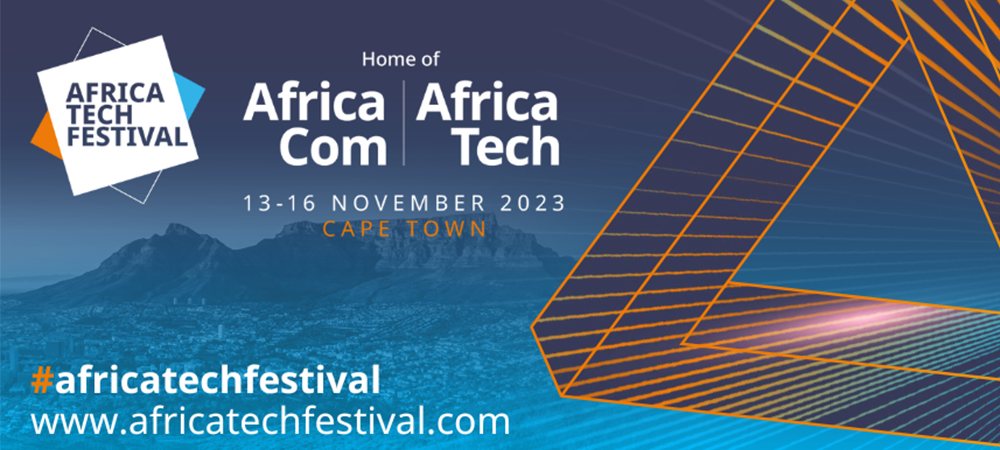Large scale changes in the business environment of end-users are creating challenges for system integrators. A solution focused approach, rather than a product and technology based one; a consumption based payment model rather than an asset based purchase model; and managing the expectations of the customer’s customer are increasingly the new equations driving change.
Global system integrators, such as $450 million NIIT Technologies, are usually the first rung in the supply chain, to be affected by changing end-user spending and business models, challenging economic conditions, and inflexions of technology. Arvind Thakur, Chief Executive Officer and Joint Managing Director of NIIT Technologies, points out that consumerisation of technology and the rapid pace in the change of the demographics of the customer are creating challenges for end-users of technology and business decision makers.
“Earlier customers would tell us what they wanted and you built it, faster, cheaper and better for them, because that is how all of us scaled our business and our industry. Now things are changing so fast, technologies are coming in so fast, they are looking for partners who can lead them on this job.”
Thakur points out that digital solution offerings from NIIT Technologies are now amongst its fastest growing. This includes four offerings covering digital experience, digital analytics, cloud platform solutions, and data integration between legacy and digital applications. However, NIIT Technologies would not have been able to manage these expectations from its global end-customers, reflected in the high revenue growth from digital solutions, without significant internal restructuring.
These have included micro-specialisation and focus into market segments to understand the customer’s customer, changing the internal culture to plan for smaller and more number of digital projects rather than a few large-scale extended projects, and leveraging the partnership relationship model.
When NIIT Technologies demerged from NIIT in 2004, it exited with the software development business and left behind the education business. The Indian software development and services industry had been built with the methodologies of quality control as well as the economies of scale. Quality control includes a key methodology adopted by Indian software developers known as the Zero-Defect approach advocated by Philip Crosby, amongst others.
This methodology was meant to reduce defects in the development of software code by conforming to specifications and getting it right the first time. Large scale Indian software factories built this approach into their legions of software developers through internal process controls and productivity performance indicators.
Another characteristic of the Indian software development industry, was the nature of the software projects they undertook. These were typically large-scale application upgrades or code rewrites for monolithic systems extending over a year or more. They were implemented within well-known and established global framework standards that defined the processes of how software was developed.
Both of these well-established practices, while delivering the benefits they were meant for, have been partly responsible for Indian software developers being caught on the wrong foot to take advantage of the fast-growing global digital transformation opportunity.
With global businesses stepping into the digital transformation journey, opportunities have been created, with established Indian software developers and global start-up ventures competing for these digital projects. However, in comparison to legacy software development projects, these digital software opportunities are of much smaller scale in terms of development and need to go-live in much shorter time frames.
Significantly, more of them are expected to fail by not meeting business and user expectations, than the ones that deliver and also usually over-perform. “In the digital world, the concept is to fail fast. With many little things, some of them will work, some of them will not work. But the ones that work will provide tremendous value,” Thakur elaborates.
A key reason for the high degree of failure in digital transformation projects, is the link to the effectiveness of the digital experience of the customer’s customer. A critical success factor is therefore being able to understand and anticipate the requirements of the customer’s customer. “Now, we have to go a step beyond, we have to understand, the customer’s customer, how does that behave and then co-create solutions along with your customer in order to deliver.”
This is a significant departure from the metrics of success that have been inbuilt into established Indian software development companies for almost two decades. By comparison, startup ventures are not built to work with factory-like precision nor are they built to get things right the first time.
Thakur puts down reasons for the late entry of Indian software development organisations into the digital transformation software opportunity, to the cultural mismatch inside these organisations, that have previously relied, entirely on the faster, cheaper, better mantra. He describes the required lateral shift as follows: “How do you switch the culture from a mindset of doing things right the first time, to a culture of the mindset so we will fail.”
In order to break out of the legacy software factory stereotype, and transition its culture towards a more innovative and start-up type, NIIT Technologies brought in global change specialist, Ron Kaufman two years ago. His approach to changing this business culture has been, “Service is taking action to create value for someone else”.
Continues Thakur, “So what we did about two years ago was to engage a thought-leader on the subject of service experience. We changed the culture and the mindset of every individual in the organisation to move away from doing what you are told to do, to identify alternative value-add, because only then will the customer perceive a superior service.”
He adds more details on this workforce attitude and cultural change exercise. “How do you anticipate what is it that your customer would be looking for, to build it into your service without him asking you to do that. So that is a change. I think that is where to my mind in the industry, there is a point of inflexion.”
To tap into digital transformation opportunities, global system integrators like NIIT Technologies follow a process where they build prototypes for their end-customers, and then partner with them to move ahead through the go-show-tell stages. There may be many such prototypes built, most of which may fail to move ahead. However, those few that do, usually provide the return and justification for the longer-term engagement.
Currently, for NIIT Technologies, the principal market segments are travel, banking, insurance, which provide enormous head room for growth, according to Thakur. Another service that NIIT Technologies provides is to build a business process layer between the end-customer’s legacy application and the new technology digital services to enable orchestration.
Have we lost out, asks Thakur? “I think that change is something which the industry has to do and they are doing it but it is going to take time. It will change sales models very dramatically,” he reflects.
Key takeaways
- Earlier customers would tell us what they wanted and you built it, faster, cheaper and better for them
- How do you anticipate what is it that your customer would be looking for, to build it into your service without him asking you to do that, I think that is where to my mind in the industry, there is a point of inflexion
- How do you switch the culture from a mindset of doing things right the first time, to a culture of the mindset, so we will fail
- In the digital world, the concept is to fail fast
- Service is taking action to create value for someone else
- Things are changing so fast, technologies are coming in so fast, they are looking for partners who can lead them on this job
- We changed the culture and the mindset of every individual in the organisation to move away from doing what you are told to do, to identify alternative value-add, because only then will the customer perceive a superior service
- We have to go a step beyond, we have to understand, the customer’s customer, how does that behave and then co-create solutions along with your customer in order to deliver
- With many little things, some of them will work, some of them will not work, the ones that work will provide tremendous value
NIIT Technologies snapshot
Market segments
Travel and Transportation, Airlines, Travel Distribution, Surface Transport, Airports, Insurance, Life and Annuities, Property and Casualty, Reinsurance and Large Commercial, Banking and Financial Services, Banking, Asset Management, Wealth Management, Manufacturing and Distribution, Automobile, Cement and Construction, Media, Broadcasting, Publishing.
Technology services
Digital Services, Digital Experience, Digital Analytics, Digital Integration, Infrastructure Management Services, Data Center Services, Workplace as a Service, IT Operations Management, DevOps and Automation, Landscape Management, Cloud Services, Application Development and Management, Application Management Services, Application Development Services, Application Testing, Testing Services, Core Testing Services, Specialised Testing Services, Automated Testing, Testing COE, Robotic Process Automation, Business Process Services, Reference Data Management, Finance and Accounting Transformation, Contract Loading Services, Airline Passenger Revenue Accounting, Geographical Information Services, Software Products, AdvantageSuite, COSYS, Monalisa.
Vendor partners
Experitest, GoldenSource, AirTight, Amazon Web Services, MarkLogic, syslink, APPDYNAMICS, Pega, Salesforce, Cloudera, Arcplan, SAP, Oracle, IBM, Tableau, Qlik, Microsoft Azure, BACKBASE, Mediaspectrum, NewsCycle, Intelligent Systems, Appian, Akana, Ui Path, Vistara, Mojo Networks, Suse, Dynatrace, BMC, CA Technologies, SOTI, MobileIron, Duckcreek.








